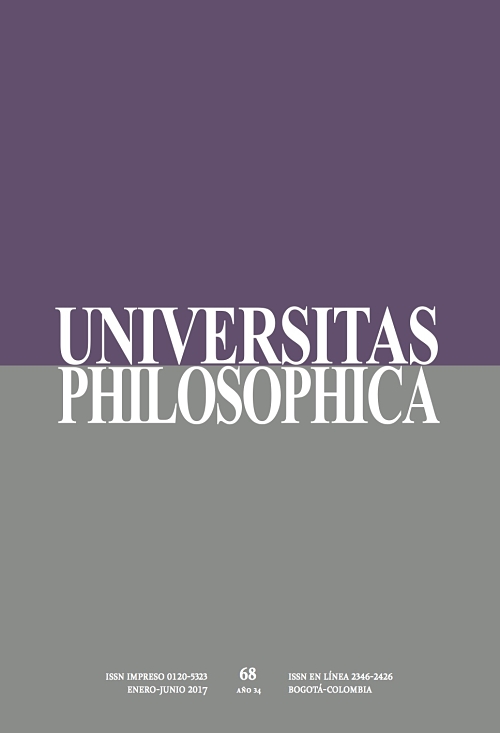Abstract
This article focuses on the different relationships that bond the concept of auctoritas with the concept of potestas as essential notions of positive law, which are expressed in two areas: as sources of creation and protection of the legal and institutional order and as sources of denial and destruction of human life. Auctoritas considerably increases potestas when protection of order is required and, therefore, radically increases the power of destruction of human life. Law and life, then, are the foundation and the ultimate object of this intimate and complex link between auctoritas and potestas, objectified in the preservation of the law and, in turn, saturating the legal and political dimensions of human life, reducing it to bare life, that is, to a worthless object that can be managed, administered and eventually eliminated. Upon these premises, this paper aims to address the relations between auctoritas and potestas, and between them and the bare life, from the various analyzes and historical, political and legal outcomes. These analyzes allow us to state either the supremacy of the link between authority and power to ensure the validity of the legal and institutional order, or the supremacy of human life, free from this excessive link.
This journal is registered under a Creative Commons Attribution 4.0 International Public License. Thus, this work may be reproduced, distributed, and publicly shared in digital format, as long as the names of the authors and Pontificia Universidad Javeriana are acknowledged. Others are allowed to quote, adapt, transform, auto-archive, republish, and create based on this material, for any purpose (even commercial ones), provided the authorship is duly acknowledged, a link to the original work is provided, and it is specified if changes have been made. Pontificia Universidad Javeriana does not hold the rights of published works and the authors are solely responsible for the contents of their works; they keep the moral, intellectual, privacy, and publicity rights.
Approving the intervention of the work (review, copy-editing, translation, layout) and the following outreach, are granted through an use license and not through an assignment of rights. This means the journal and Pontificia Universidad Javeriana cannot be held responsible for any ethical malpractice by the authors. As a consequence of the protection granted by the use license, the journal is not required to publish recantations or modify information already published, unless the errata stems from the editorial management process. Publishing contents in this journal does not generate royalties for contributors.



